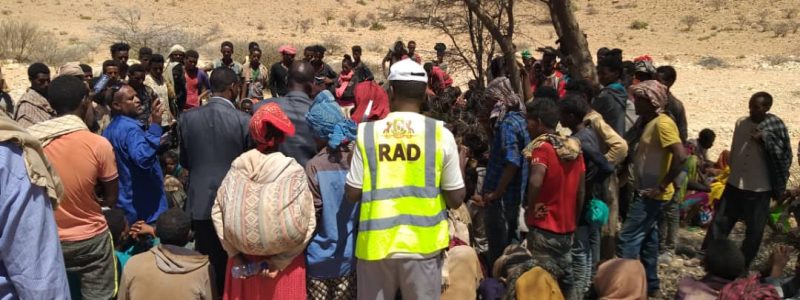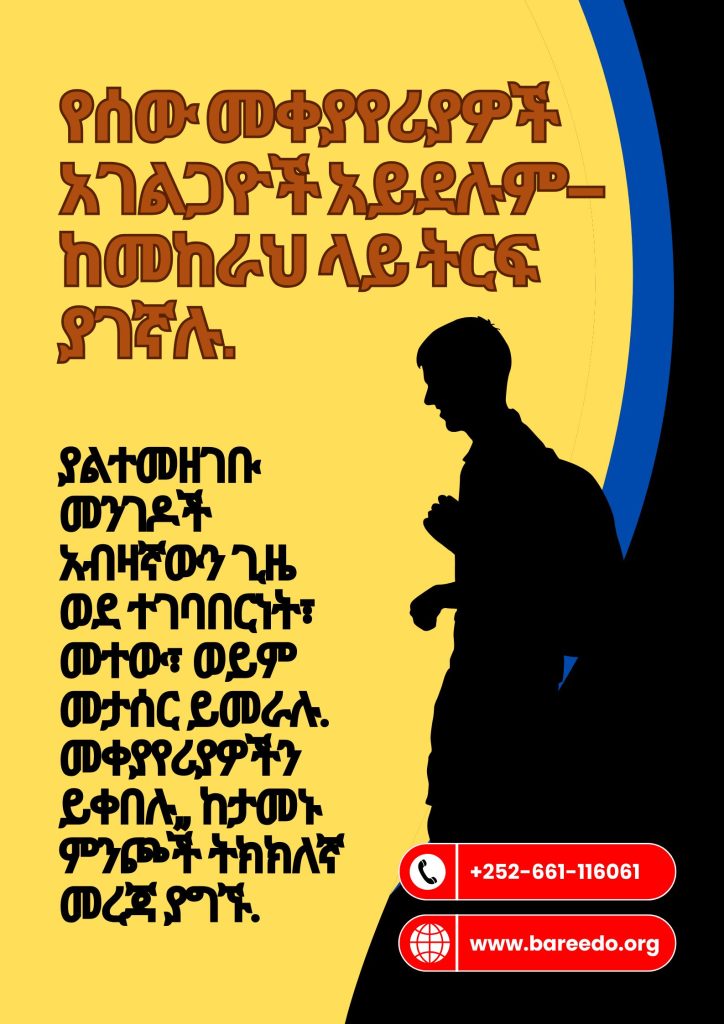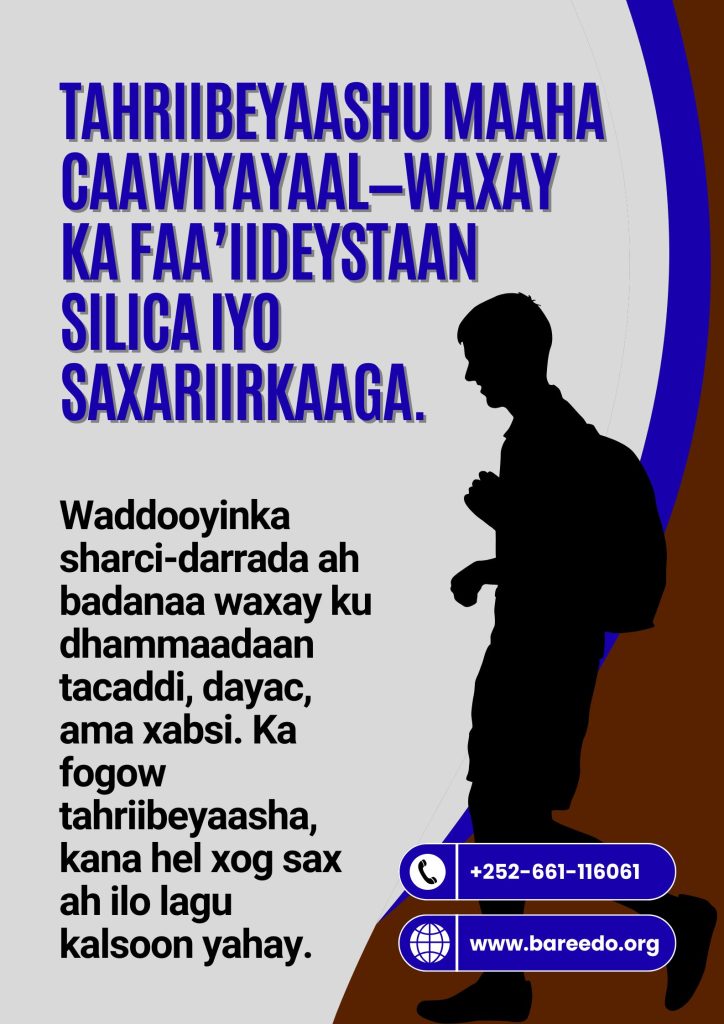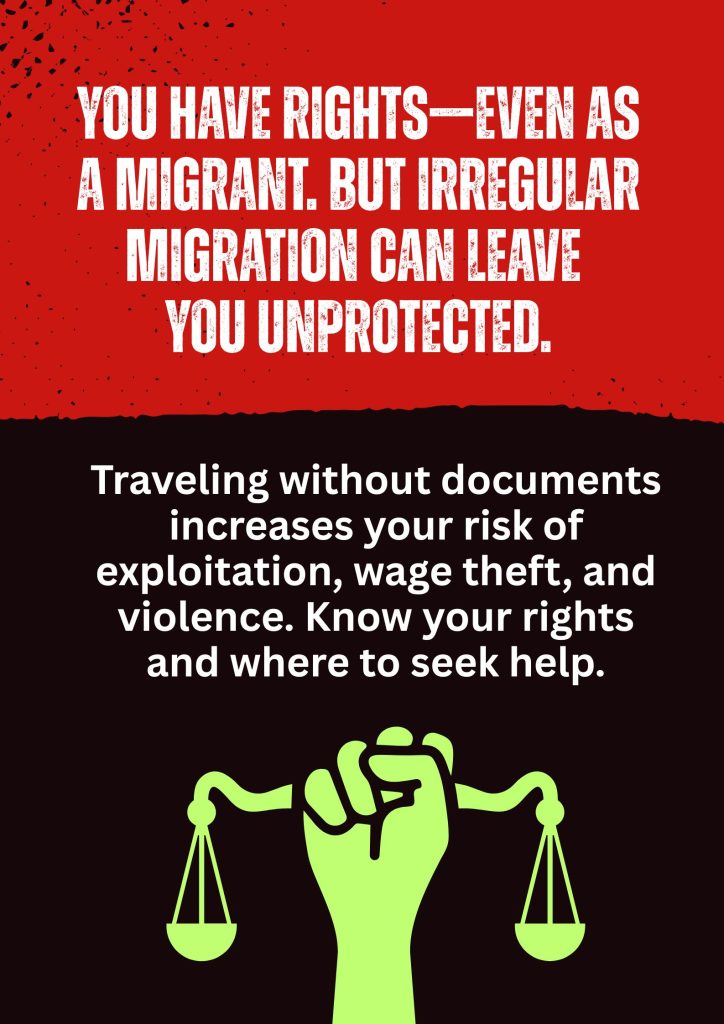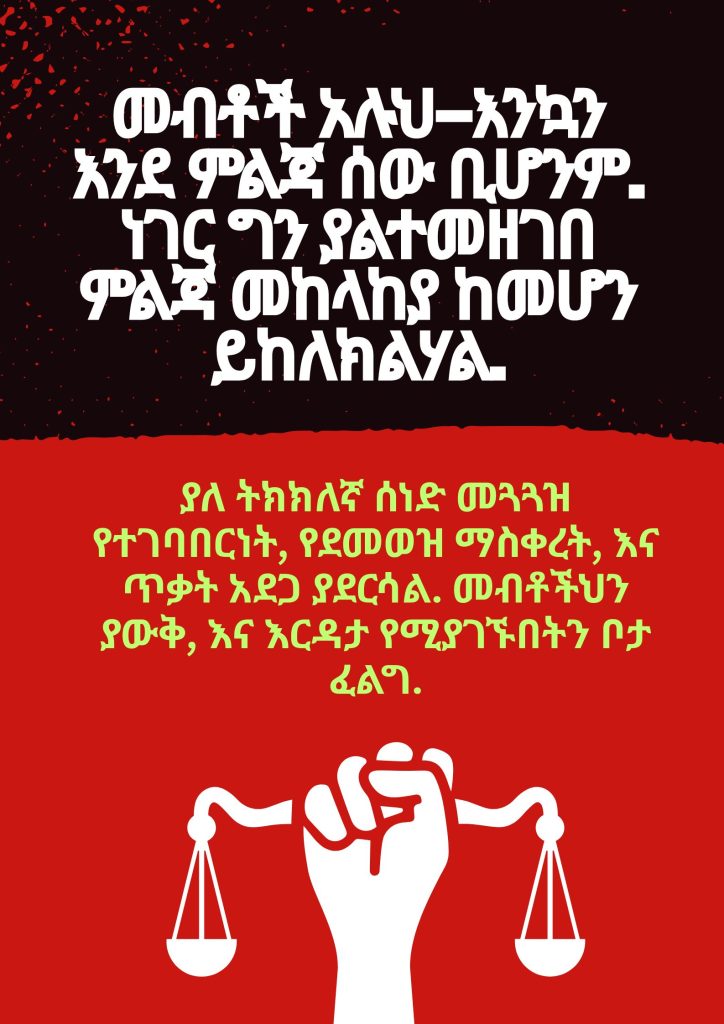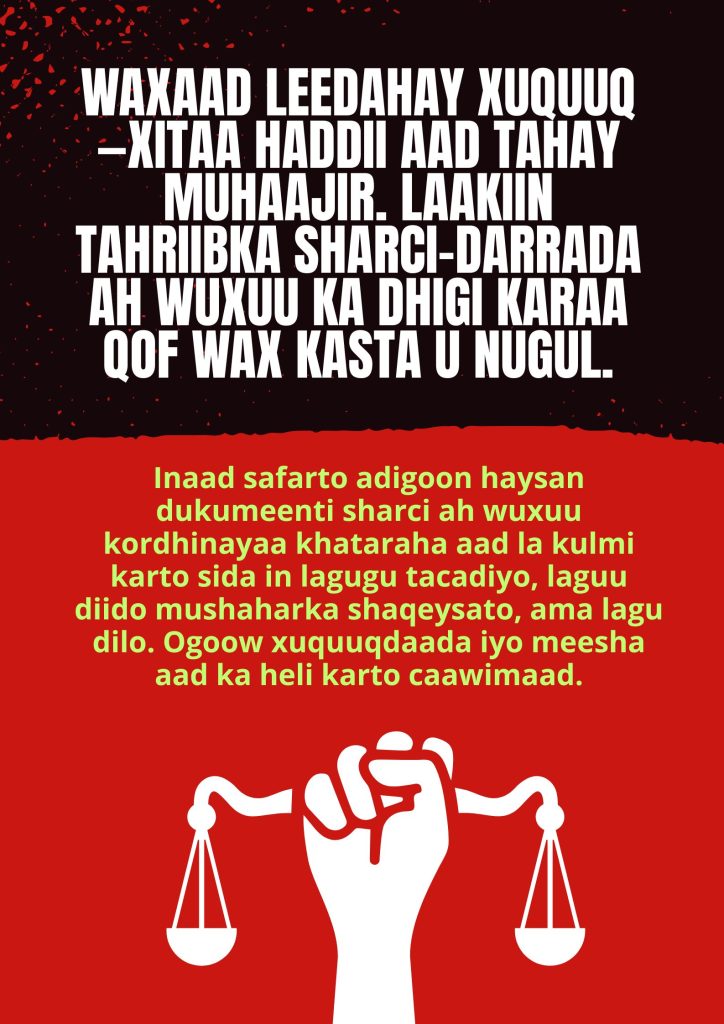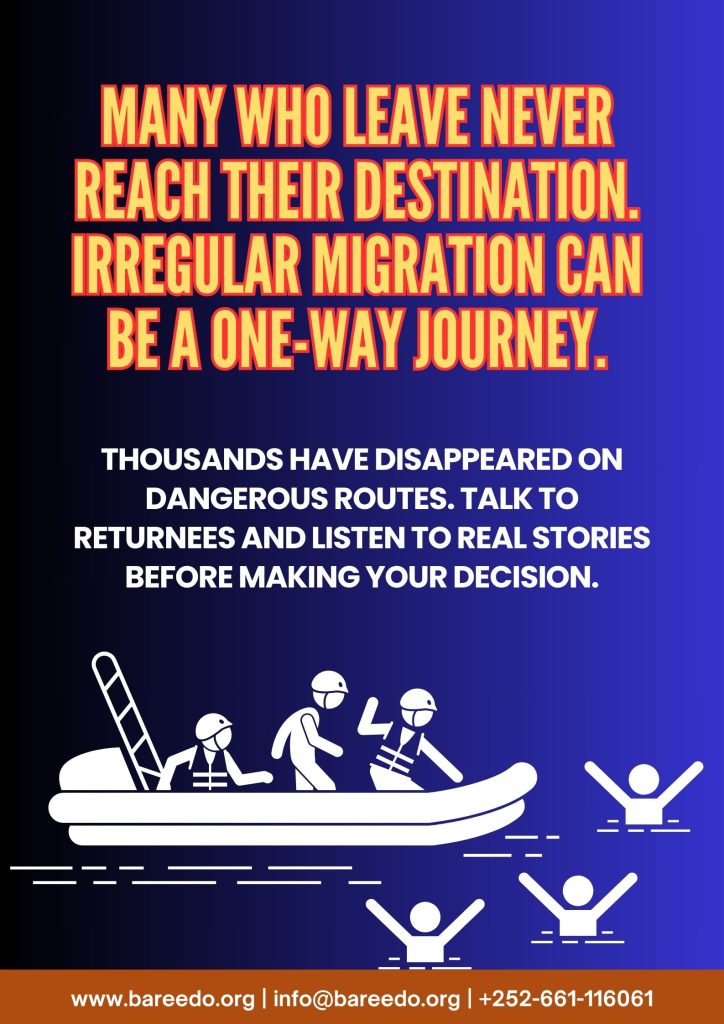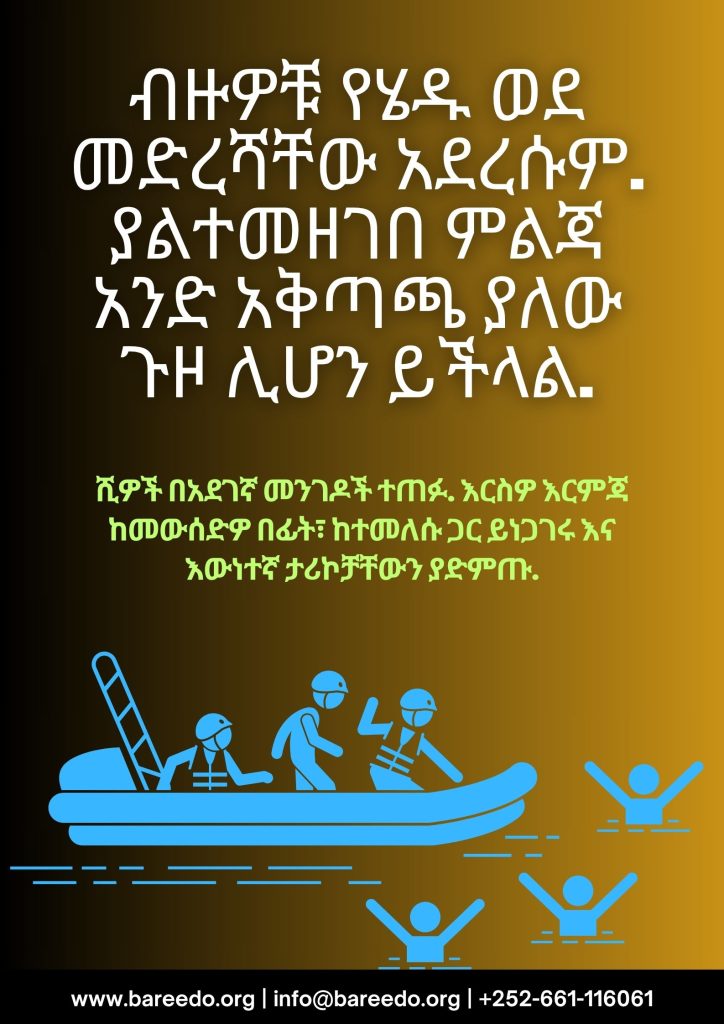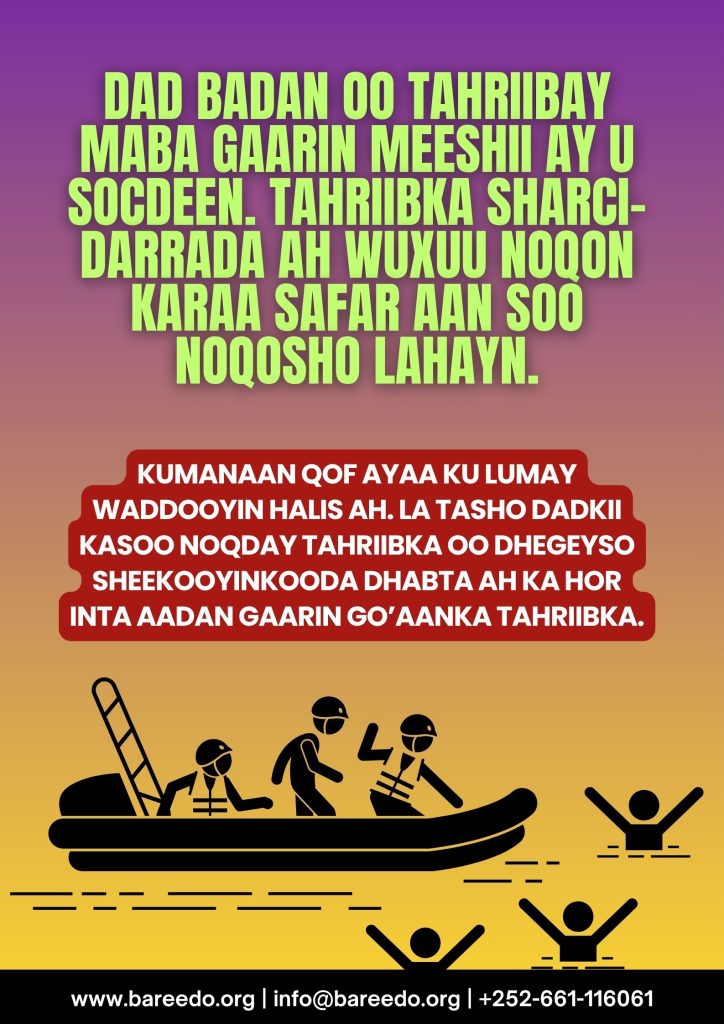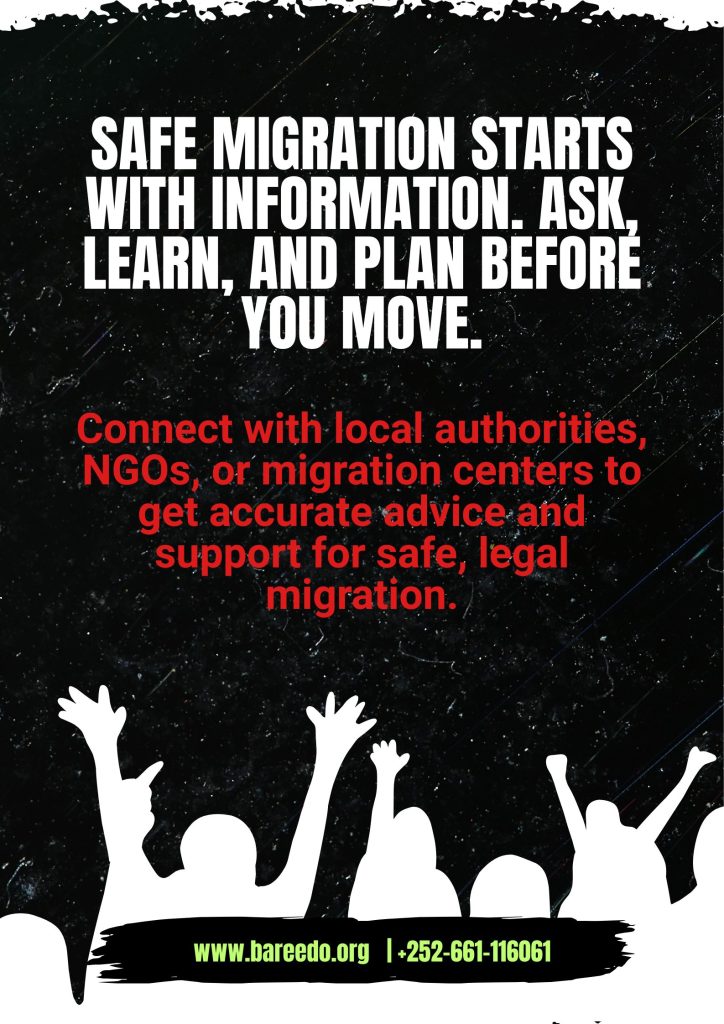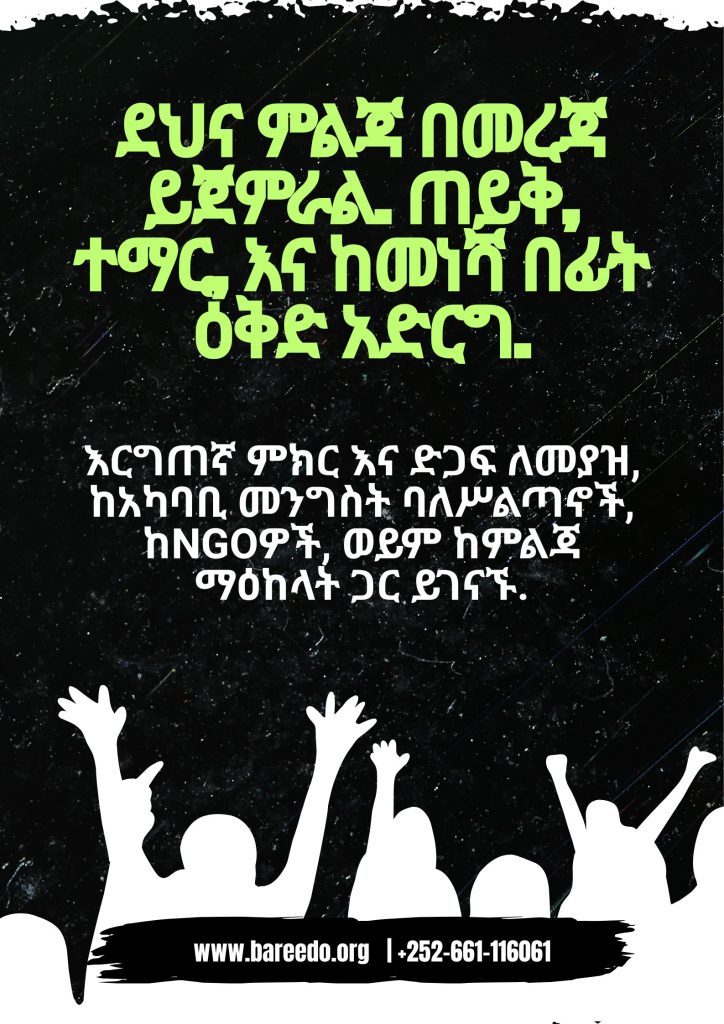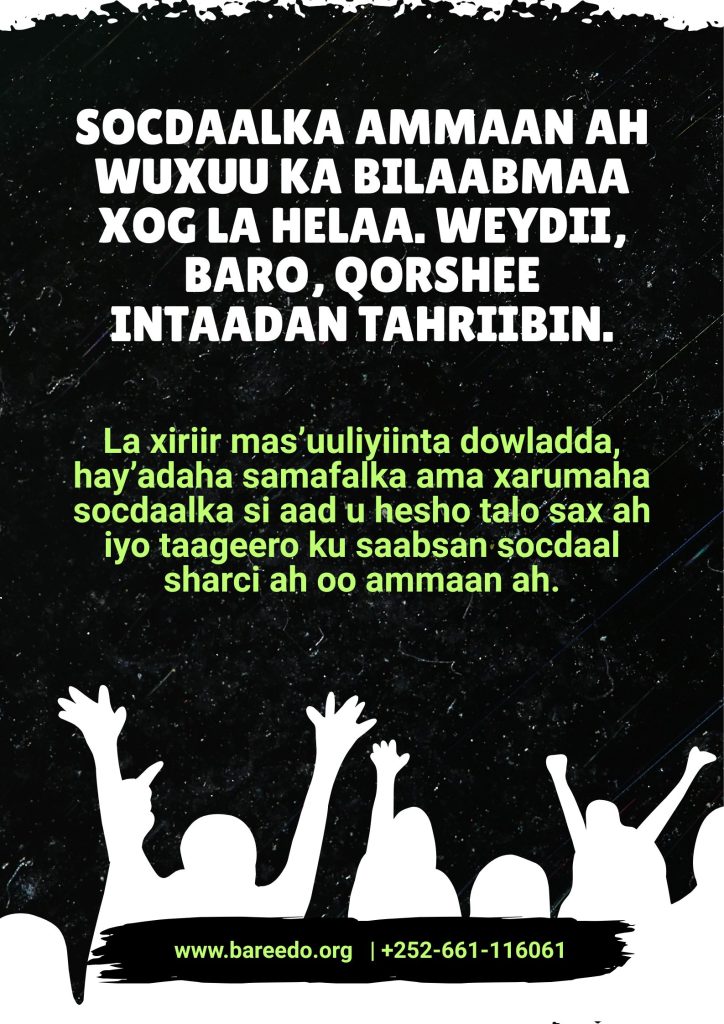A four-session training was held in Garowe, Somalia, with over 25 selected champions participating in Phase 2 of the Leadership Challenge of the One Million Leaders Fellowship Program. The sessions were facilitated by OML-MENA Fellow and Rotary Peace Fellow Mr. Sharmarke and featured a special guest speaker, climate activist Mr. Abdikhay M. Hussein. The training introduced participants to the OML initiative, a global network dedicated to empowering the next generation of sustainability leaders. Guided by the vision of creating “One World in Harmony,” the program aims to build a community of leaders capable of driving sustainable change worldwide.




The in-person training was supported by TOC for Education, Inc. (TOCfE), a not-for-profit foundation (US 501c3) established in 1995. TOCfE applies a set of thinking processes and common-sense methodologies designed to logically identify and overcome key limitations that hinder communities from achieving a more sustainable world.
The training primarily focused on the impact of climate change on Somali pastoralists (nomads). Participants explored how droughts and famine have severely affected pastoralist communities by causing a lack of pasture and water, leading to the death of livestock and widespread displacement. These discussions highlighted the critical need for pastoralists to adapt to climate change in order to build resilience and ensure their resilience in the face of environmental shocks.
Participants engaged in problem analysis using methodologies such as the Problem Tree Analysis and Cloud Method to better understand the challenges faced by pastoralist communities. These tools helped clarify the causes and effects of droughts and enabled participants to identify obstacles and potential solutions for achieving a sustainable future for these communities.




Mr. Abdikhay Hussein, a climate activist, shared his practical experience on the vulnerability of Somali pastoralists to drought shocks in the face of climate crissi. He explained the traditional pastoralist lifestyle, where communities move from place to place with their livestock in search of pasture and water. This nomadic way of life, practiced by 60 percent of Somalia’s population, makes them particularly vulnerable to the increasing frequency and severity of droughts driven by climate change. The economic losses resulting from the death of livestock often lead to displacement as pastoralists seek new opportunities to sustain their families.




In recent years, Somalia has faced increasingly severe droughts, exacerbated by natural resource degradation and climate change. Rural communities, whose livelihoods are closely tied to weather patterns, are particularly affected. Since 2011, Somalia has experienced only one proper rainy season, leading to a prolonged crisis that has left millions facing food insecurity.
In the final part of the training, participants discussed strategies to promote solutions that support transforming the lives of pastoralists, making them more sustainable and resilient to droughts. Using problem-solving tools, particularly the Theory of Constraints (TOC) for Education, participants worked on developing sustainable solutions that combine traditional livestock rearing with modern farming practices. The goal is to build community resilience against climate shocks while preserving the cultural practices of pastoralist communities.



Finally, the training sessions provided participants with a deeper understanding of the OML initiative and the critical challenges faced by Somali pastoralists in the context of climate change. Through interactive discussions and problem-solving exercises, participants shared experience and discussed on actionable strategies to support pastoralist communities in adapting to environmental challenges and building a sustainable future.






































